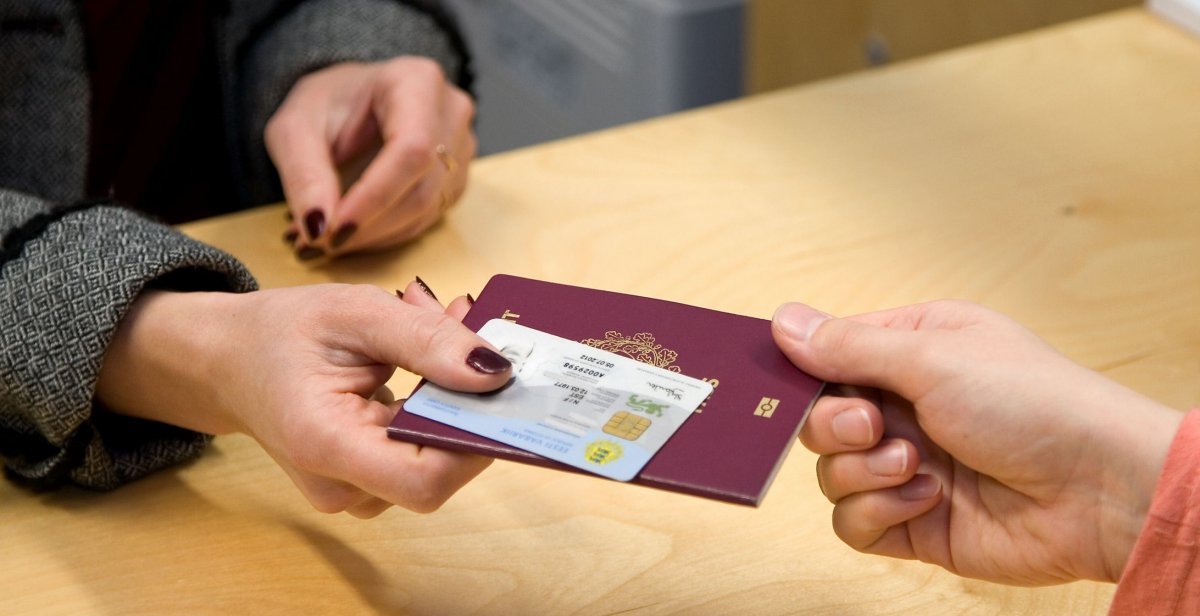Identity documents are essential tools that validate a person’s identity and citizenship status. These documents, such as passports, national IDs, and driver’s licenses, serve as proof of who we are and are crucial for various legal and administrative purposes. Whether it’s traveling abroad, voting in elections, or simply proving your age, having valid and up-to-date identity documents is fundamental. This article explores the process of obtaining new identity documents, the legal implications, and where to acquire them.
What are Identity Documents?
Definition and Types
Identity documents encompass a range of official papers issued by governments to certify an individual’s identity and nationality. The most common types include passports, which facilitate international travel; national IDs, used for domestic identification; and driver’s licenses, permitting individuals to operate vehicles legally. Each type serves specific purposes in verifying personal details and citizenship status, ensuring compliance with legal requirements.
Importance of Having Valid Identity Documents
Possessing valid identity documents is crucial for participating in society and accessing various services. They establish an individual’s legal identity, citizenship, and entitlements, such as healthcare and social benefits. Moreover, these documents are essential for conducting financial transactions, enrolling in educational institutions, and securing employment. By accurately reflecting personal information, identity documents uphold integrity in administrative and legal procedures, safeguarding individuals’ rights and obligations.
Legal Aspects of Identity Documents
Obtaining identity documents legally is paramount for ensuring their authenticity and validity. Governments regulate the issuance process to uphold security standards and prevent fraudulent activities. Adhering to legal procedures guarantees that documents accurately represent an individual’s identity and citizenship status, thereby fostering trust in public and private transactions.
Process of Obtaining Identity Documents
Step-by-Step Guide to Obtaining Different Types
Acquiring identity documents typically involves submitting an application form along with supporting documents, such as proof of citizenship, photographs, and residence proof. The process varies by document type and jurisdiction, requiring applicants to follow specific guidelines outlined by issuing authorities. For instance, obtaining a passport may necessitate additional steps like passport interviews or biometric data collection to enhance security measures.
Requirements and Procedures
Before applying for identity documents, individuals must fulfill specific requirements, such as age eligibility, residency status, and fee payments. Understanding these prerequisites ensures a smooth application process and minimizes delays or rejections. Authorities may impose additional criteria for specific categories of applicants, such as minors, first-time applicants, or individuals renewing expired documents, reflecting the evolving nature of identity verification standards.
Reasons for Needing to Buy New Identity Documents
Common Situations
Various circumstances, such as loss, theft, or damage to existing documents, necessitate acquiring replacements or new identity documents. These incidents disrupt individuals’ ability to prove their identity and may hinder their participation in essential activities. Promptly addressing such situations through legal channels ensures continuity in personal identification and mitigates potential risks associated with identity theft or misuse.
Legal Procedures for Replacement
Governments provide structured procedures for replacing lost, stolen, or damaged identity documents to maintain accuracy and reliability in identity verification. Applicants must report incidents promptly and comply with prescribed protocols to facilitate the issuance of valid replacements. Verifying identity through secondary documents or personal identification procedures reassures authorities of the applicant’s legitimate claim and helps prevent unauthorized access to sensitive information.
Where to Buy New Identity Documents
Authorized Agencies and Government Offices
Identity documents are primarily Buy new identity document issued by designated government agencies responsible for maintaining national records and upholding regulatory standards. Authorized offices, such as passport offices, national registries, and driver’s licensing authorities, oversee the issuance process to ensure compliance with legal requirements and safeguard public trust. Visiting these official channels guarantees the authenticity and legality of obtained identity documents, promoting accountability and transparency in administrative practices.
Online Services and Their Legitimacy
Advancements in digital technology have facilitated online services for acquiring identity documents, offering convenience and accessibility to applicants. Authorized platforms managed by government agencies or trusted service providers streamline application processes and provide secure methods for submitting required documentation. Validating the legitimacy of online services through official websites or regulatory endorsements ensures the authenticity of obtained documents and safeguards against potential fraud or unauthorized practices.
Costs and Fees
The acquisition of new identity documents often incurs costs associated with application processing, document issuance, and optional expedited services. Governments establish fee structures to cover administrative expenses and ensure equitable access to identity verification services. Additional charges for expedited processing may apply for urgent requests, reflecting the administrative efforts required to prioritize and fulfill expedited service requests within specified timelines.
Security and Fraud Prevention
How to Verify the Authenticity of Identity Documents
Ensuring the authenticity of identity documents is essential for safeguarding against fraud and maintaining trust in personal identification systems. Validating security features, such as holograms, biometric data, and unique identifiers, enhances document integrity and prevents unauthorized alterations or counterfeiting. Authorities and stakeholders collaborate to educate the public on recognizing genuine documents and reporting suspicious activities to mitigate risks associated with identity fraud.
Risks of Using Counterfeit Documents
The proliferation of counterfeit identity documents poses significant risks to public safety, financial integrity, and regulatory compliance. Illegitimate documents may enable criminal activities, such as identity theft, illegal immigration, or financial fraud, compromising individuals’ security and legal standing. Implementing stringent verification measures and penalties for possession or use of counterfeit documents reinforces the deterrence against fraudulent practices and upholds the credibility of official identity verification processes.
Conclusion:
Obtaining new identity documents is a critical process that underpins legal compliance, personal security, and societal participation. Adhering to legal procedures, verifying document authenticity, and utilizing authorized channels ensure the reliability and legitimacy of identity verification processes. By understanding the significance of identity documents and their role in facilitating lawful interactions, individuals contribute to maintaining integrity and trust in administrative and public sectors. Embracing responsible practices in acquiring and safeguarding identity documents promotes social accountability and enhances personal security in an increasingly interconnected world.







